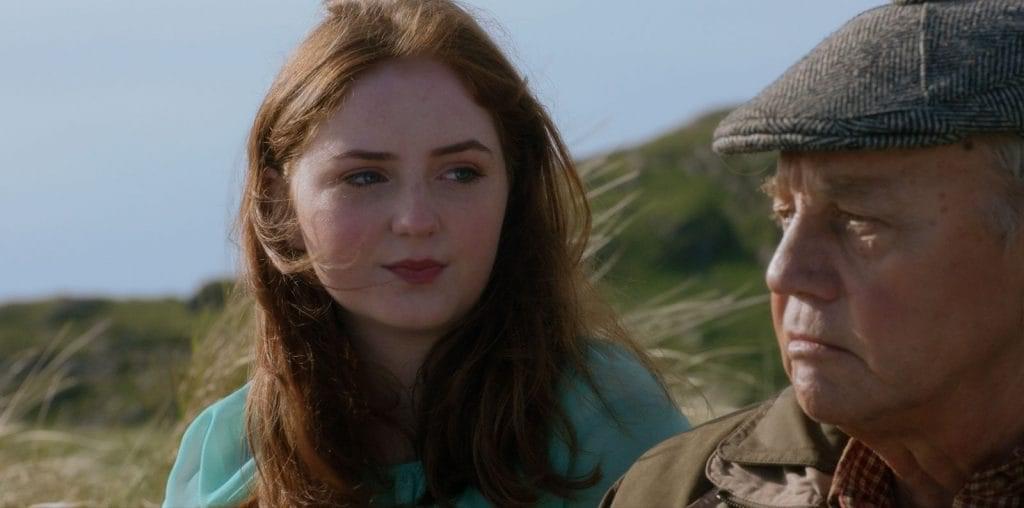
During the 1972 Olympic Games in Munich, members of an extremist Palestinian group called Black September infiltrated the Olympic compound, killing two Israeli athletes and taking nine as hostages. 21 hours later, five of the eight terrorists and
all of the hostages were dead, following an abortive attempt by the German army to kill the kidnappers. The tragedy played out in front of hundreds of millions of television viewers worldwide, bringing the Palestinian cause into the spotlight, and is viewed by many as the event that ushered in the modern era of international terrorism.
“Munich” is the story of what happened after Israeli prime minister Golda Meir authorized Israel’s intelligence agency, the Mossad, to send assassination squads after the men responsible for organizing and financing the operation. The movie follows one of these five-man squads, nicknamed “Wrath of God,” on their mission as they crisscross Europe hunting the men. But as the dead targets pile up, some in the unit start questioning the effectiveness of their mission, even as they themselves start becoming the hunted.
“Munich” – like the 1986 HBO movie “Sword of Gideon” – is based on George Jonas’ book Vengeance, the unverified account of “Avner,” the leader of the Wrath of God group. Eric Bana plays Avner, who is hand-picked by Meir to lead the team. At first, he and his four associates go willingly “into the cold,” shedding their identities and meting out retribution for the Olympic Massacre. Director Steven Spielberg is obviously using Jonas’ account to make his points – repeatedly – about how violence escalates and the circular nature of revenge. These are brought home forcefully to the team when the Palestinians start trying to kill them in retaliation, even as Avner and his comrades attempt to track down the remaining names on their list.
Spielberg has already been accused of portraying the Palestinians too sympathetically in his film. While it’s true that he uses several opportunities to personalize the team’s targets, introducing us to their families or allowing them to reveal snippets of personal information, this humanizing of the men behind the massacre doesn’t engender sympathy so much as it makes Avner, and the audience, deal with the uncomfortable fact that these men are not slavering fiends, but are (by and large) educated and well-spoken men with what they believe are legitimate and serious grievances with Israel and the Israeli people. How legitimate you believe these grievances are will go a long way towards determining your feelings as you come away from the film.
But for all the hand-wringing Avner and his team put themselves through in debating their actions, “Munich” doesn’t go far enough to make its point. It’s all well and good to show a paranoid Bana tearing his room apart looking for booby traps, but the violence itself is too antiseptic here. For example, the team’s second target, Mahmoud Hamshari, is dispatched with a bomb planted in his office phone. But not before Spielberg plays with the audience’s emotions by briefly putting Hamshari’s young daughter in the room, as if there’s any danger in a modern day Steven Spielberg movie of seeing a child killed onscreen. If he’d really wanted to put his point across, Spielberg would’ve blown her up, forcing us to address the consequences of such policy. Even if it wasn’t exactly historically accurate (the film is only “inspired by true events,” after all), innocents are killed in the crossfire all the time when these kinds of missions are undertaken, and it’s a cop-out for Spielberg to pretend otherwise.
That aside, “Munich” is a pretty solid effort. The acting is very good (especially Bana, but also Ciarán Hinds as the “cleaner” and Geoffrey Rush as their Mossad case officer), and Spielberg has gone to painstaking lengths in re-creating early 1970s Europe and Israel. He also raises some serious questions about the efficacy of violence, it’s just too bad he felt the need to sugarcoat the message in order to broaden the film’s appeal. Whatever you believe about vengeance as government policy, it’s hard not to argue that decency and righteousness – the loss of which is lamented by the teams explosives expert Robert (Mathieu Kassovitz) as the mission drags on – are no longer valid options when dealing with one’s enemies.
If, in fact, they ever were.
Disagree with this review? Think you can write a better one? Go right ahead in Film Threat’s BACK TALK section! Click here>>>
